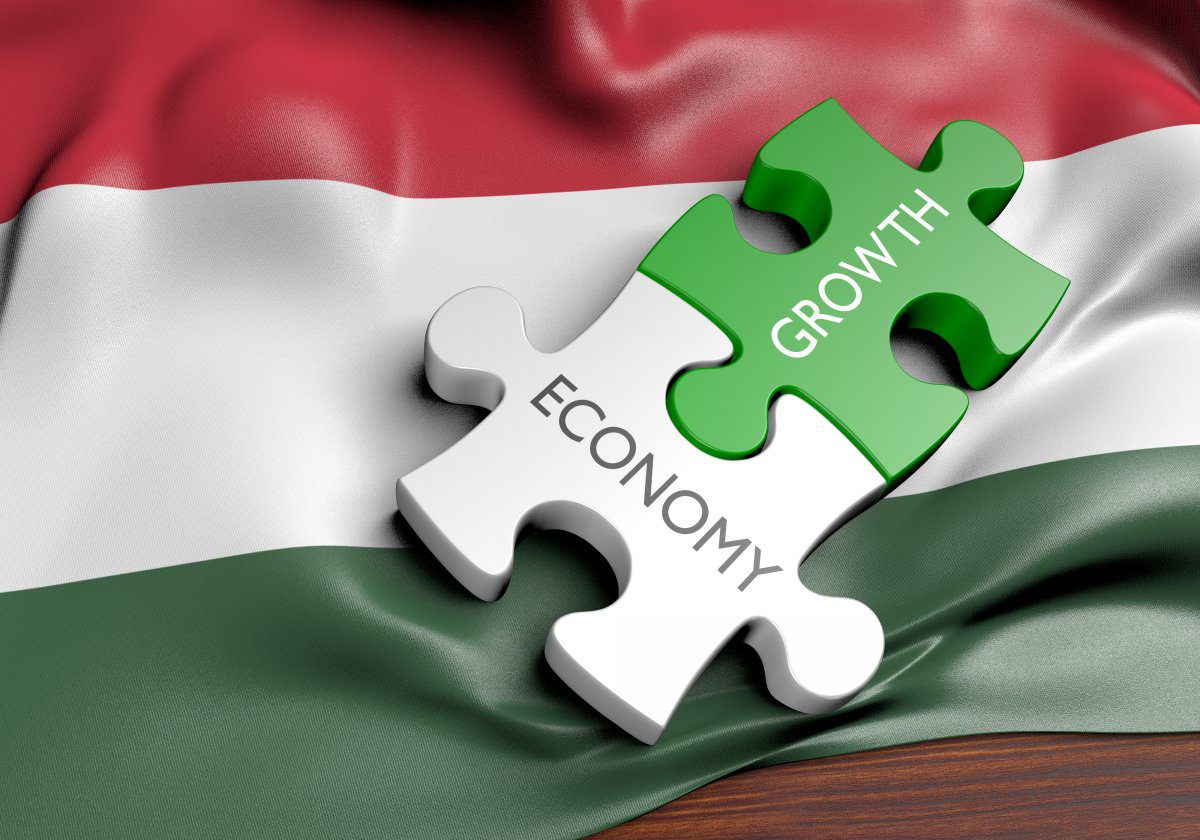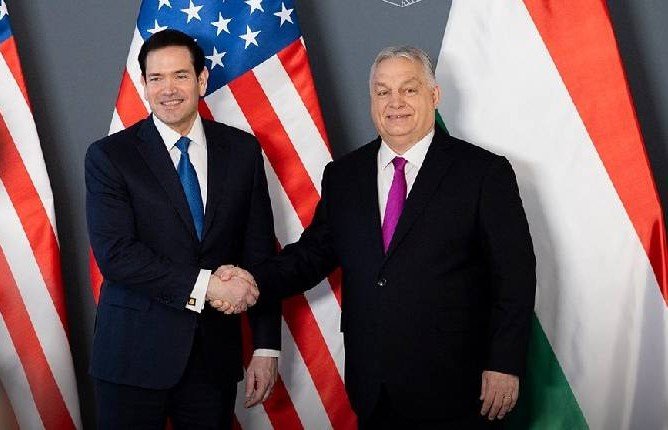Hungary has been an example of resilience and creativity in its progressive approach to economic planning. Hungary’s path to sustainable growth is delicately woven with a variety of creative policies intended to realize the country’s full potential and promote prosperity for everyone. Economic strategy is based on a daring vision that embraces innovation, adaptation, and a never-ending quest for development while pushing beyond traditional bounds and has injected vitality into every aspect of the country’s economic environment through its creative policies, which have fanned a spark of transformation from the halls of power to the bustling streets of entrepreneurial hotspots. Hungary has put in place several measures with the express goal of encouraging an environment of innovation and entrepreneurship policies designed to support companies, develop talent, and accelerate technical advancements. Strategic investments in education, infrastructure, and research and development are establishing the foundation for a knowledge-driven economy that will flourish at the forefront of innovation and is leading the way in the digital revolution because of its dedication to using digital technology to boost economic growth. Hungary is leveraging technology to modernize its economy by promoting e-commerce, increasing internet access, and improving digital literacy. This allows for the creation of new possibilities, process optimization, and increased competitiveness in the global market.
Hungary’s economic growth plan is based on a strong commitment to investing in its human resources, which includes skills development and education across the board. Starting with early childhood education and continuing through career training and lifetime learning initiatives, and has undertaken a comprehensive effort to develop a labor force that possesses the knowledge and abilities needed to drive innovation and boost competitiveness.
A national plan for the circular economy helps concentrate policy making. The plan needs to concentrate on issues that are essential to the nation’s shift to a circular economy.
Hungary’s circular economy transition vision and strategic goals by 2040, propose 45 policy suggestions and detailed short, medium, and long-term implementation activities across crucial domains. In addition to measures dedicated to priority areas, these also include supportive measures focused on research and development, education, and circular business models (with an emphasis on digitalization and small and medium-sized businesses).
The circular economy has the potential to increase the sustainability of material consumption and produce additional economic value for the nation. The availability of green employment, goods, and services may be increased by encouraging and funding recycling and eco-design. Product repair and reuse initiatives can lead to local product loops, which boost employment locally and reduce reliance on imports. Hungary will have transitioned to a circular economy by 2040, with a focus on waste management and the industrial, agricultural, and service sectors.The creation of resource-efficient value chains and green jobs will require education and digital technology.
Hungary provides an excess of options for entrepreneurs to get capital and grow their businesses, ranging from grants and subsidies to tax exemptions and financial incentives. Hungary has developed a network of incubators, accelerators, and co-working spaces that offer companies access to crucial resources, mentorship, and assistance in addition to financial support as well as networks. These forums foster cooperation, the sharing of ideas, and the development of creative responses to urgent problems.
The economy is predicted to progressively improve in 2024–2025, with GDP growth increasing to 2.4% in 2024 and 3.6% in 2025 as anticipated in the fall helped by declining interest rates and inflation throughout the projection year.
The December 2023 increase in the minimum wage to 15% has significantly increased household income. Employment has also remained stable, with the December unemployment rate being at 4.2%. It is anticipated that rising real incomes and rising consumer confidence will increase household spending. Interest rate reductions by the central bank are already underway in reaction to declining inflation. It is anticipated that this will help the investment gradually recover. Over the projection horizon, new FDI projects are expected to increase exports. Hungary’s economic future is still dependent on the mood of investors throughout the world.
Hungary is launching a revolutionary digital transformation plan in tandem with its emphasis on R&D to establish the country as a leader in the digital economy. The main objective of this vision is to provide a strong basis for digital innovation and entrepreneurship by improving the digital infrastructure. This includes making investments in digital platforms, high-speed internet access, and cyber security measures.
The country has used policies promoting circular economy practices, waste management initiatives, green infrastructure projects, and incentives for renewable energy to pave the way for a more sustainable future. Primarily, Hungary’s green growth policy focuses on providing incentives to hasten the switch to renewable energy sources and has created an atmosphere that is conducive to the growth of renewable energy infrastructure, such as solar, wind, biomass, and geothermal energy, by combining financial incentives, regulatory frameworks, and supporting policies.
Hungary has also put in place waste management programs to lessen pollution to the environment, encourage recycling and resource recovery, and cut down on trash output. The foundation of Hungary’s economic policy is its plans for infrastructure development, which are meant to promote connectivity, ease traffic jams, and boost regional economic activity. Hungary is investing in telecommunications, energy, transportation, and logistics infrastructure to improve competitiveness, resilience, and efficiency in an increasingly linked world.
Hungary demonstrates a commitment to using innovation to propel sustainable economic growth through programs like the Digital Welfare Programme and the National Research, Development, and Innovation Office. Furthermore, by placing a high priority on education and skill development through initiatives like the National Talent Programme, Hungary is producing a labor force that is ready to succeed in the 21st-century knowledge economy Furthermore, the development of a thriving private sector that acts as a catalyst for economic prosperity has been made possible by Hungary’s commitment to fostering an environment that is favorable to investment and entrepreneurship, as demonstrated by programs like the Small Business Development Fund and the Investment Incentive Scheme.
Hungary is well-positioned to maintain its current rate of economic development and become a worldwide leader in innovation and entrepreneurship as long as it keeps enacting policies that are audacious and visionary.

Executive Director, Pakistan Research Center for a Community with Shared Future (PRCCSF).














